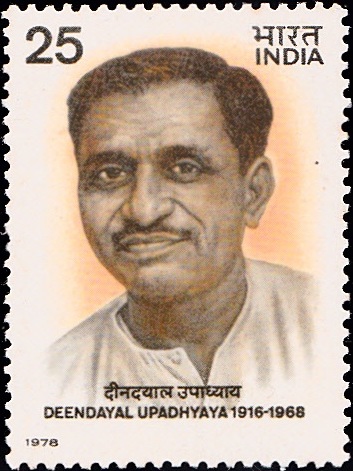
Deendayal Upadhyaya 1978
A commemorative postage stamp on Pandit Deendayal Upadhyay, an Indian nationalist and RSS (Rashtriya Swayamsevak Sangh) pracharak, founder of weekly Panchjanya and daily Swadesh :
Issued on May 5, 1978
Issued for : The P & T Department feels privileged to issue a commemorative stamp in honour of this great son of India, Deendayal Upadhyaya.
Type : Stamp, Mint Condition
Colour : Light orange and raw sienna
Denomination : 25 Paise
Overall size : 3.91 x 2.90 cms.
Printing size : 3.55 x 2.54 cms.
Perforation : 13 x 13
Watermark : Printed on unwatermarked adhesive stamp paper
Number printed : 50,00,000
Number per issue sheet : 35
Printing Process : Photogravure
Designed and printed at : India Security Press
Name : Deendayal Upadhyaya
Born on Sep 25, 1916 at Nagla Chandrabhan, Mathura, British India [now in Uttar Pradesh]
Died on Feb 11, 1968 at Mughalsarai, Chandauli, Uttar Pradesh, India [now Pandit Deen Dayal Upadhyaya (DDU) railway junction]
About :
- Deendayal Upadhyay was born on September 25, 1916, in the village of Dhankia in Rajasthan. He lost his father, Bhagwati Prasad, when he was less than three years old and his mother before he was eight. He was then brought up by his maternal Uncle. Deendayal was outstanding in his studies and stood first in examinations. He won a number of prizes and scholarships. While he was a student at Sanatan Dharma College, Kanpur he joined the Rashtriya Swayamsevak Sangh (R.S.S.). Although he qualified as a teacher, he did not take to teaching profession. Instead, he dedicated himself to full-time work in the RSS from 1942.
- Deendayal Upadhyaya was a man of soaring idealism and had a tremendous capacity for organization. He started a monthly ‘Rashtra Dharma‘, a weekly ‘Panchajanya‘ and a daily ‘Swadesh‘. In 1951, when Dr. Syama Prasad Mookerjee founded the Bharatiya Jana Sangh, Deendayal became the first General Secretary of its U.P. branch. Next he was chosen as All India General Secretary. The acumen and meticulousness shown by Deendayal deeply impressed Dr. Mookerjee and elicited his famous remark “If I had two Deendayals, I could transform the political face of India.“ After Dr. Mookerjee‘s death in 1953, the entire burden of nurturing the orphaned organization and building it up as a nation-wide movement fell on the young shoulders of Deendayal. For 15 years, he remained the party’s General Secretary and built it up, brick by brick. He raised a band of dedicated workers imbued with idealism and provide the entire ideological framework of the party. The final triumph of his statesmanship and vision was the historic session of the party in Calicut in 1967. Deendayal was a deep and original thinker. His philosophy of Integral Humanism, which is a synthesis of the material and the spiritual, the individual and the collective, bears eloquent testimony to this. In the field of politics and economics, he was pragmatic and down to earth. He visualized for India a decentralized polity and self-reliant economy with the village as the base. He welcomed modern technology but wanted it to be adapted to suit Indian requirements. Deendayal believed in a constructive approach. He exhorted his followers to co-operate with the Government when it was right and fearlessly oppose when it erred. He placed the nation’s interest above everything else.
- Deendayal Upadhyaya was found dead in the early hours of February 11, 1968, while traveling in a train. The following rousing call he gave to the thousands of delegates in the Calicut session, still rings in their ears:– “We are pledged to the service not of any particular community or section but of the entire nation. Every countryman is blood of our blood and flesh of our flesh. We shall not rest till we are able to give to every one of them a sense of pride that they are able to give to every one of them a sense of pride that they are children of Bharatmata. We shall make Mother India sujala, suphala (overflowing with water and laden with fruits) in the real sense of these words. As Dashapraharana Dharini Durga (Goddess Durga with her ten weapons) she would be able to vanquish evil; as Lakshmi she would be able to disburse prosperity all over and as Saraswati she would dispel the gloom of ignorance and spread the radiance of knowledge all around her. With faith in ultimate victory, let us dedicate ourselves to this task.“



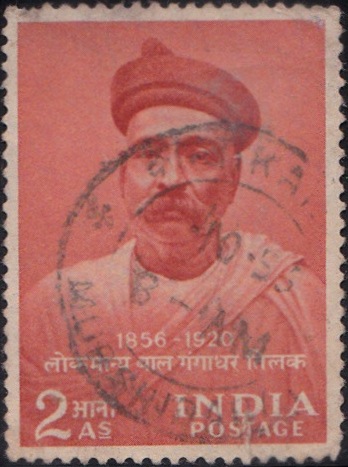
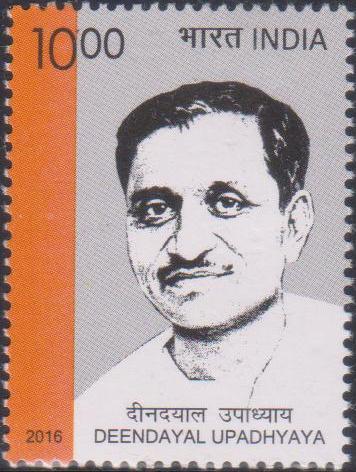
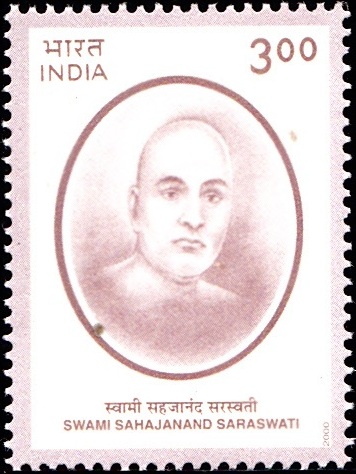
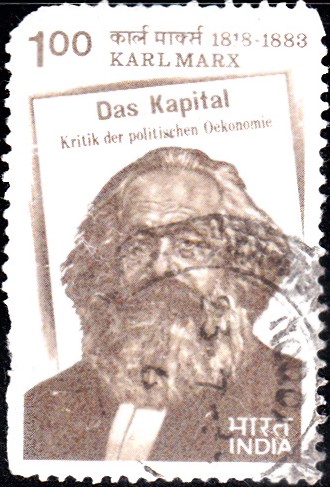
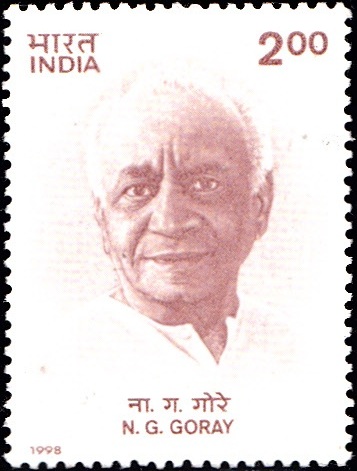
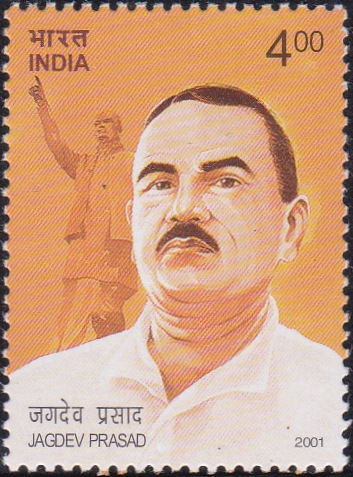
[…] and ‘Haryana Ek – Haryanvi Ek’ in sync with the vision ‘Antyodaya’ as laid down by Pandit Deen Dayal Upadhyaya. The Government has taken up the responsibility of ensuring development of the entire state of […]